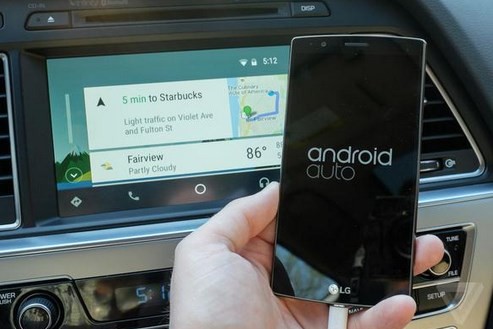Device users are more responsive to Android app notifications than iOS, according to a study.
Mobile development services company Urban Airship conducted a study that aimed to determine the response of gadget users to push notifications coming from both Android and iOS devices.
The study involved 500 million device users in 2014 and data used centered on 3,000 apps and 100 billion push notifications. The notifications from the apps were sent to the device users and the notification response rates were classified into high, medium, and low performers.
Results generated by the medium-performing apps revealed that there were 20 percent engagement rates for Android users, which was higher than the eight percent engagement rates for the iOS.
As per the year-over-year data, Apple device user engagement rates climbed up by one percent while Android engagement rates decreased by eight percent over the same time frame.
Meanwhile, high performer apps showed a 24 percent increase in engagement rates for iOS devices while there was only a 13 percent increase for Android devices. This implies efficiency of notifications for certain categories.
According to Urban Airship, the manner how the Google's operating system handles incoming push notifications has a significant relationship to the response rates in Android devices.
Notifications stay on the lock screen of Android devices until they were seen or dismissed and then transferred to the notification status bar once the phone has been unlocked. In iOS, notifications are more transient, as per Virtual-Strategy.
After an iOS device, the notifications on the lock screen will be transferred to the notification center and will be sorted by app than by time order. As a result, users will not be able to check which notification came first.
Urban Airship president and CEO Brett Caine said that the primary plus of apps is to get involve in the device home screens and smartwatch faces.
Caine also said that in the growing difference between good and great mobile engagement, it is critical for device firms to make mobile engagement part of their users' personal experience.



























